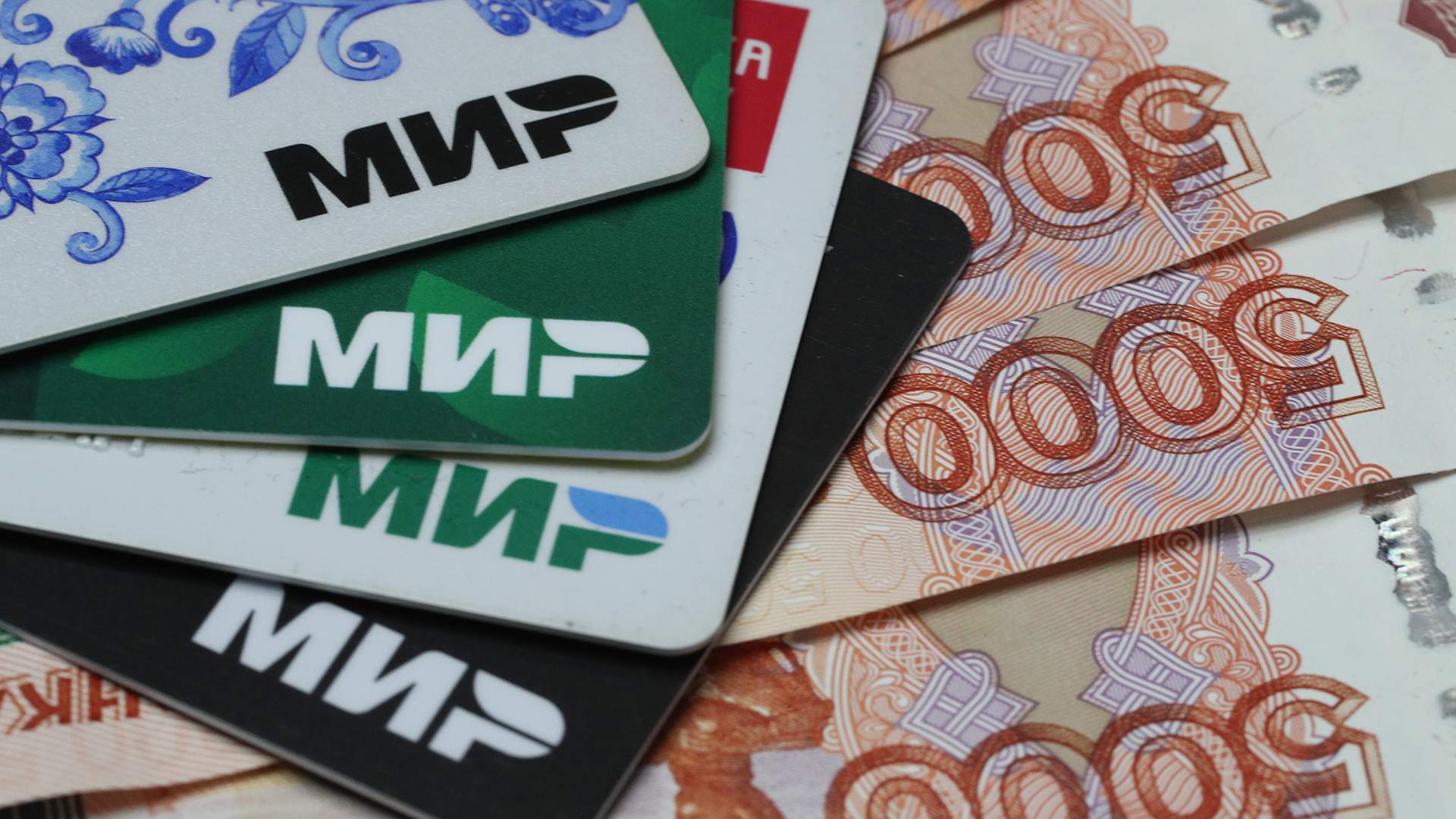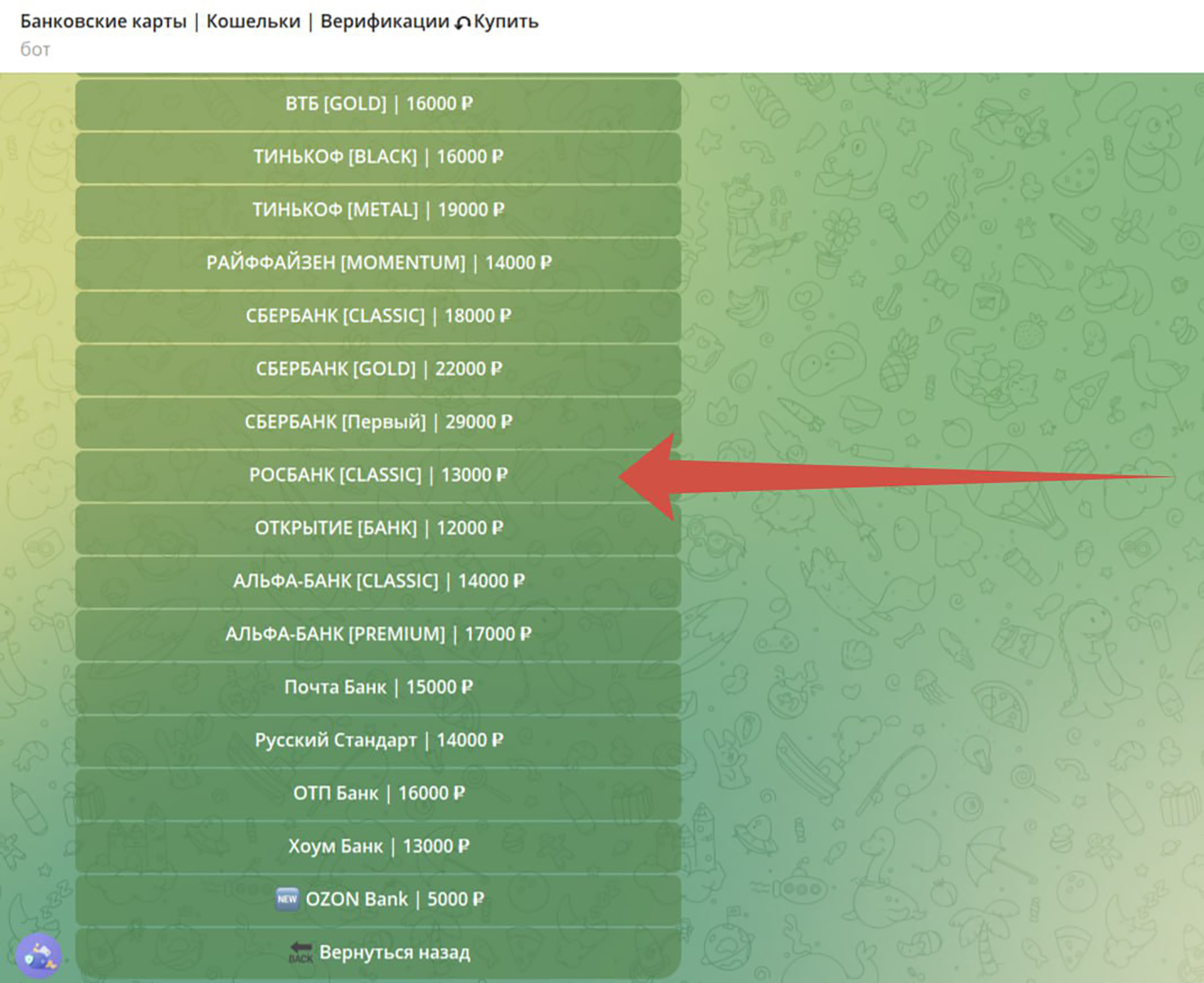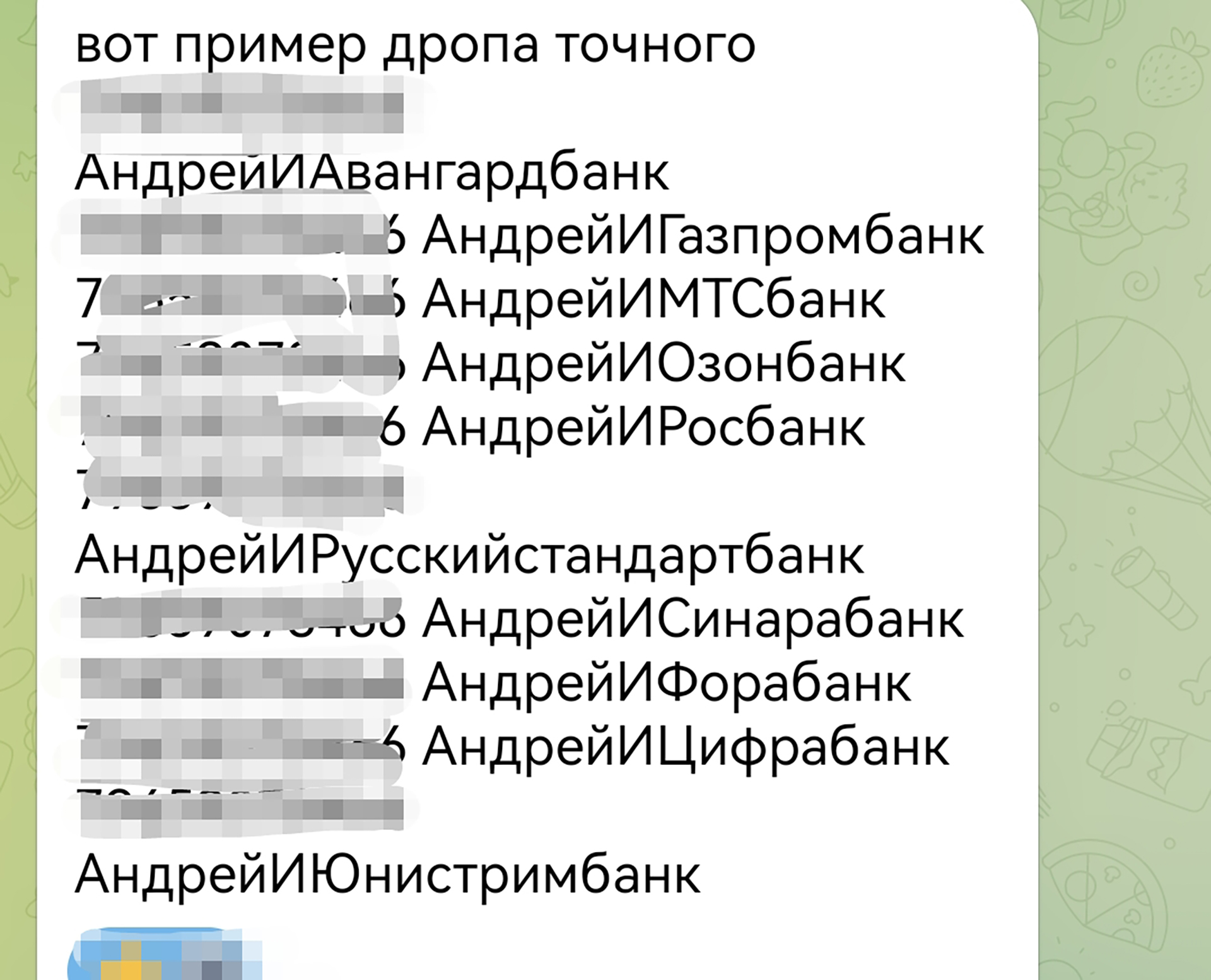Wrapped plastic: who buys up other people's bank cards and why

Judging by the advertisements on the walls of houses and asphalt in large Russian cities, as well as in Telegram channels and the darknet, the black market is ready to buy bank cards from Russians. "Izvestia" together with experts analyzed, for what machinations criminalite needed plastic.
In search of a fool
Aggressive advertising for buying up bank cards began to appear en masse not only in messengers and darknet, but also on the streets of major cities. Stencilers who stencil various kinds of illegal advertising on asphalt and walls have been involved in the search for and hiring of fake persons (they are called dropsies in the jargon) who are ready to issue plastic in their own names and sell it to strangers. As Izvestia found out, the business of fake bank cards serves numerous areas of the shadow economy - from online casinos to drug trafficking. Extremist organizations of various kinds are not left out.
Crypto exchanges do not work without drops
According to Maxim Gorbunov, an analyst at the marketing strategy agency MAKS, the main consumers of drop cards are illegal cryptocurrency exchangers, online casinos, and "traditional" criminals, including fraudsters, arms and drug dealers, etc.
- [Currently] transactions involving digital assets are almost impossible without the involvement of drop cards. Such payment instruments are used as virtual wallets to accept cash and further convert the funds into various crypto-assets. Then the digital cryptocurrency is withdrawn to the card on the other side," Gorbunov comments.
According to him, the majority of crypto-business participants in Russia use the services of dropshippers. Banks have to fight with drop cards and suspicious transactions, they block accounts in accordance with FZ-115 "On countering legalization (laundering) of proceeds of crime and financing of terrorism". Meanwhile, only one of the popular portals declared more than 500 crypto exchanges, a significant part of them will offer to pay for cryptocurrency with drops, and this does not confuse anyone.
According to Gorbunov, who monitors the shadow sale of bank cards on the Web, the bulk of plastic serves non-criminal business:
- Every month we observe more than 500 thousand advertisements about buying or selling cards. But this speaks only about the demand and supply of cards on the market. So far, we do not see a drop in requests.

The lion's share of drop cards is used in operations with crypto exchange. A significantly smaller part of the cards serves the sphere of online casinos. Even less by implication may be related to drug trafficking and fraud.
The interlocutor stipulated that the volume of drop cards that he knows about is not finite, and the real number of cards is much larger.
Total criminality
Initially, a narrow circle of darknet dealers was aware of the business of trading cards registered to fake persons, Sergei Pelikh, a retired Interior Ministry colonel and expert on international organized crime, told Izvestia.
- The scheme with other people's cards were used by cryptocurrency traders about 10 years ago. Later, drug dealers started using crypto and fake cards. But in those days, it was possible to withdraw anonymously by other means. Today, however, the state has significantly tightened the screws on transaction control. The demand for plastic is growing on all sides.
According to him, any criminal business involving systemic cash flows cannot do without fake banking instruments. He also notes that the Central Bank has tightened the requirements for controlling suspicious transactions, which forces the criminal circles to be cautious in the use of drops.

- The times when bank cards were simply thrown into the mailbox are gone. Banks are wary of drops and prefer not to contact them, so as not to be "on the pencil" of Rosfinmonitoring, - says Pelikh. - In turn, intermediary agencies try to imitate the average "life" of their cards: small funds are credited there, and modest amounts are systematically transferred. However, banks keep the algorithms used to calculate suspicious transactions secret. Therefore, the fake cards can be blocked at any time as soon as substantial sums are credited to them. The funds can be unblocked only after verification and the dropper's trip to the bank.
Who are such droppers and scammers
There are agencies that specialize in buying up cards, they work at once with several droppovodov - those who find those willing to supply cards in their name for a fee. The transaction involves not only a bank card, but also a SIM card tied to it.
- As a rule, up to 12 cards of different banks can be issued to one phone number of a dropper," a source familiar with the investigations in the banking sector told Izvestia. - Drops receive up to several tens of thousands of rubles for their services. As a rule, we are talking about young people, as well as poorly educated, asocial citizens and foreigners. Some do not think about the consequences that may await them after the registration of SIM-cards and banking instruments in their name.

For the dropper, on the other hand, there is a risk of unscrupulous behavior of the dropper (cheaters are called scammers in slang) - after receiving money, a person can go to the office of the mobile network and block the SIM card or simply misappropriate the money that will come into his account for the "employer".
Dropping risks
Russian criminal law does not yet provide for liability specifically for dropshippers. But even today, even indirect participation in organized criminal activity is fraught with serious consequences.
- For example, debts may be formed on the card, because of which there is a possibility of becoming a defendant in a civil suit for debts," explains Konstantin Trapaidze, chairman of the "Your Legal Attorney" Bar Association. - In addition, money may be transferred to the card from third parties as a result of fraudulent actions. The claim may be filed in the framework of the case of unlawful enrichment, and in this case, the amount is fully refundable, even if the transfer was made erroneously.
The lawyer also draws attention to the risk of being involved in drug trafficking, even if the drop himself and does not suspect from where he receives money on the card. Thus, the desire to earn quick money can turn into a prison sentence.
- A person, without knowing it, risks actually becoming an accomplice to the crime, - says the lawyer for civil cases Alla Georgieva. - You should not give your data even to acquaintances, and even less sell it to strangers. If this card will be used to withdraw money to a person abroad, and the transfer will be used for criminal purposes, it is possible to recognize a person as a foreign agent. This already threatens various negative legal consequences. As a rule, such data are bought only for illegal purposes, and sold by people who are in a difficult financial situation. At the same time, there is a great risk of not improving this situation, but getting even more problems.
Переведено сервисом «Яндекс Переводчик»



